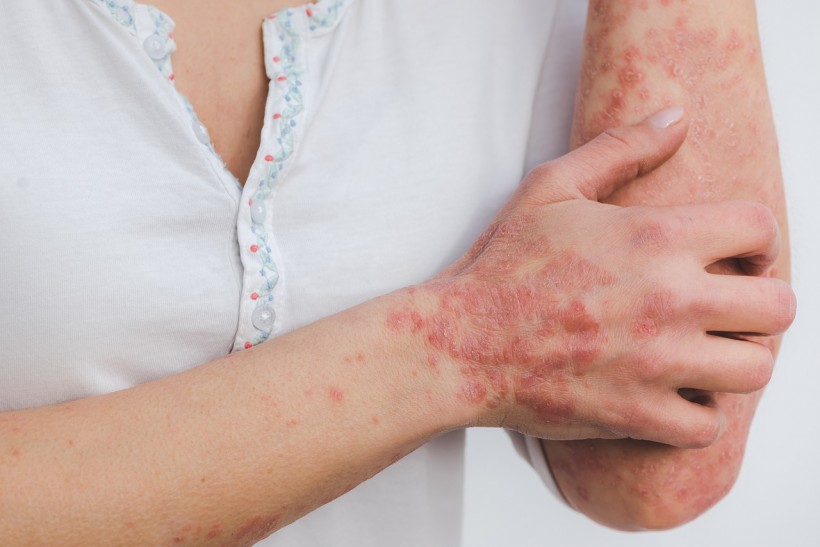While the immune system is crucial to maintaining general health, inflammation can take place as it tries to detect and neutralize some invaders.
Skin inflammation
Like other body parts, the skin can also be involved in immune responses. Skin inflammation typically causes rash formation. In most cases, this is a response of the immune system to allergic reactions, infections, or internal diseases. Psoriasis, dermatitis, and other skin infections could also lead to it.
Symptoms of skin inflammation include different kinds of rashes, skin redness, pimples or blisters, warmth in the inflamed area, cracked or raw skin that could bleed, and skin thickening in the affected region.
ALSO READ: Allergies: Causes, Symptoms and Management
Skin Inflammation Causes
The inflammation of the skin may surface as part of the immune system's response to a trigger. There are different immune system cells that are involved in inflammation. These cells expel different substances that could boost the permeability of blood vessels and make them wider. Because of this, the immune system can more easily reach the affected area. This could also result in various symptoms linked to inflammation, such as swelling, heat, and redness.
Skin inflammation can result from various causes, such as an allergic reaction, immune system dysfunction, infection, heat and photosensitivity, and other factors.
For one, some skin inflammations are actually allergic reactions to something foreign to the immune system. These allergic reactions may come from the consumption of particular foods or medications.
A dysfunction in the immune system itself could also result in skin inflammation. At times, the immune system may not be working well and could direct the response to healthy and normal tissues, such as in the case of psoriasis.
There are also certain fungal, viral, and bacterial infections that could lead to skin inflammation. These infections include cellulitis, impetigo, ringworm, and seborrheic dermatitis.
At times, photosensitivity and heat could result in skin inflammation. The former one is an immune response to sunlight, as there are some medical conditions that can make the skin more sunlight-sensitive. On the other hand, heat rashes can also result from the skin's reaction to heat. This could lead to rashes or irritation when sweat is trapped in the pores.
Treating Skin Inflammation
Different treatments can work for skin inflammation. The exact treatment depends on the cause of the inflammation.
There are topical treatments that can be directly applied to the skin. These include antifungal or antibacterial creams, corticosteroid creams, immunomodulators, and anti-itch creams.
Oral medications can also work in some cases. These may include antihistamines and prescription oral antibiotics.
Some home remedies can also help relieve the skin. For one, using wet and cool compresses can help ease the irritation. Applying creams and ointments can also help alleviate the pain. Other remedies, including taking oatmeal baths and using tea tree oil, could also work.
RELATED ARTICLE: Understanding Skin Aging: What Causes Wrinkles and Why Do Old People Have Them?
Check out more news and information on Medicine & Health in Science Times.















